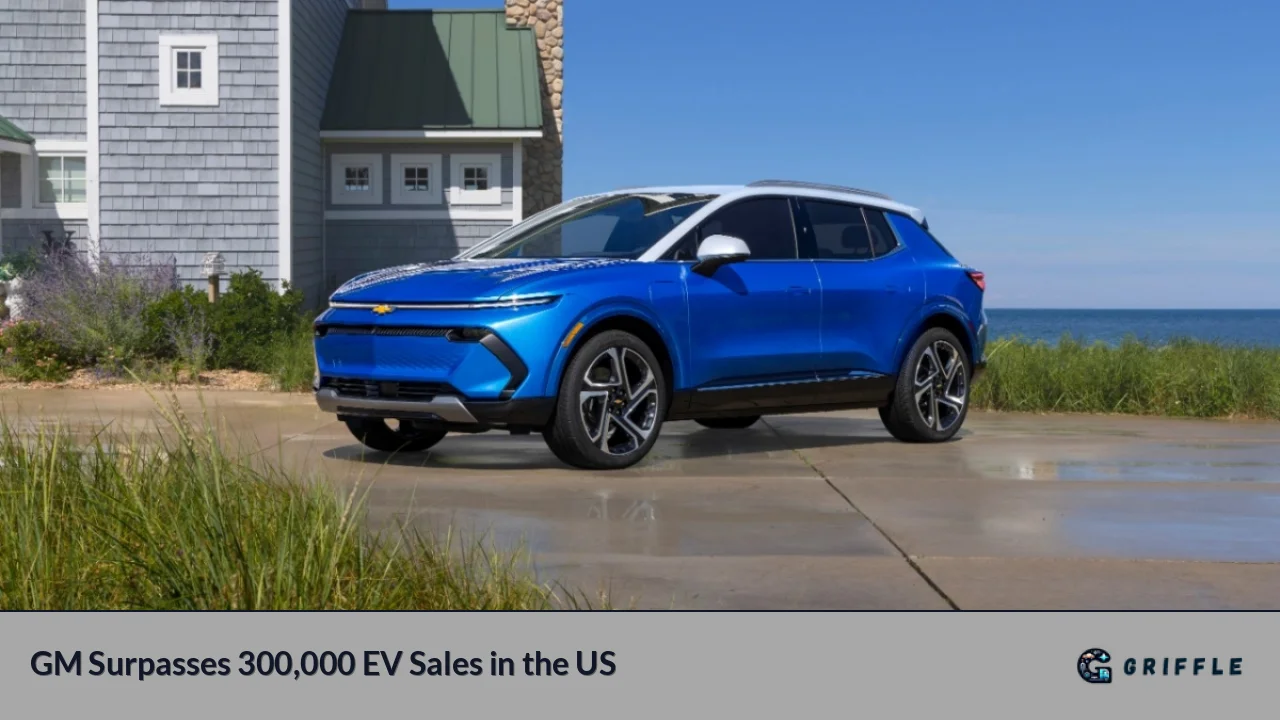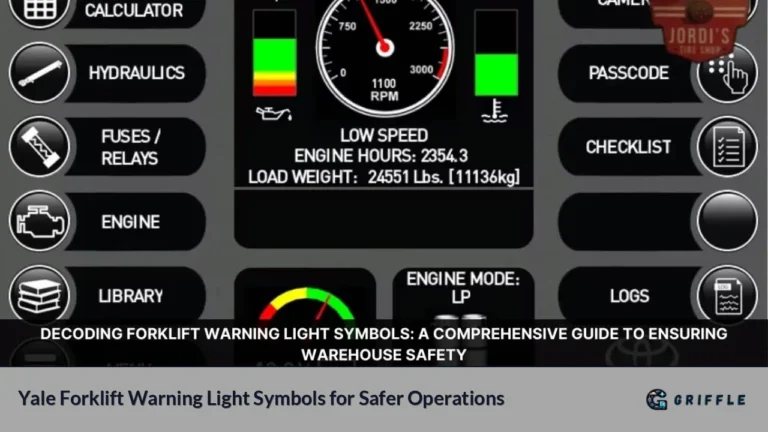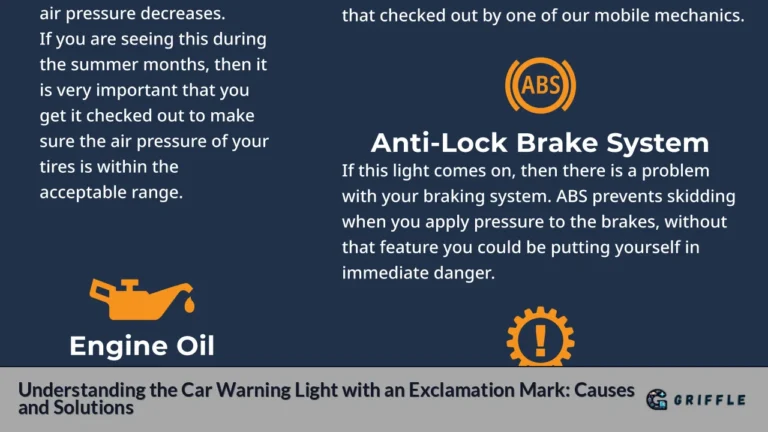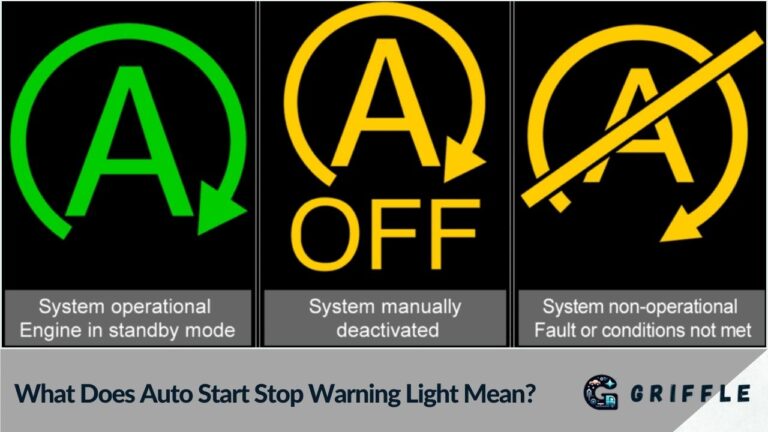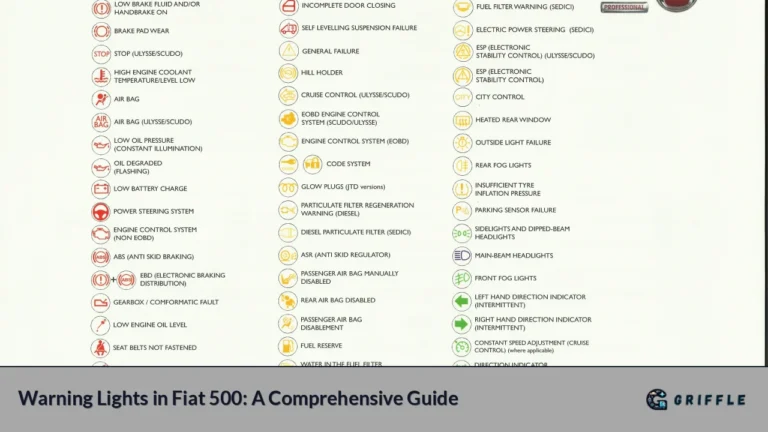In a significant development for the automotive industry, General Motors (GM) has recently announced a major milestone in its electric vehicle (EV) journey. The American automaker has surpassed 300,000 EV sales in the United States since 2016, marking a pivotal moment in the company's transition towards electrification. This achievement not only highlights GM's growing presence in the EV market but also signals a shift in consumer preferences towards more sustainable transportation options.
| Key Points | Details |
|---|---|
| Milestone | Over 300,000 EVs sold in the US since 2016 |
| North American Sales | Exceeding 370,000 units |
| Q3 2024 Performance | 32,000+ EVs delivered, 46% QoQ increase, 60% YoY growth |
| Market Position | Second-largest EV seller in the US for Q3 2024 |
| Popular Models | Cadillac LYRIQ, Chevy Blazer EV, Chevy Equinox EV |
The Rise of GM in the EV Market
General Motors' journey to becoming a major player in the electric vehicle market has been marked by strategic planning and significant investments. The company's achievement of selling over 300,000 EVs in the United States since 2016 is a testament to its commitment to electrification. This milestone is not just a number; it represents a fundamental shift in GM's business model and a response to the growing demand for sustainable transportation options.
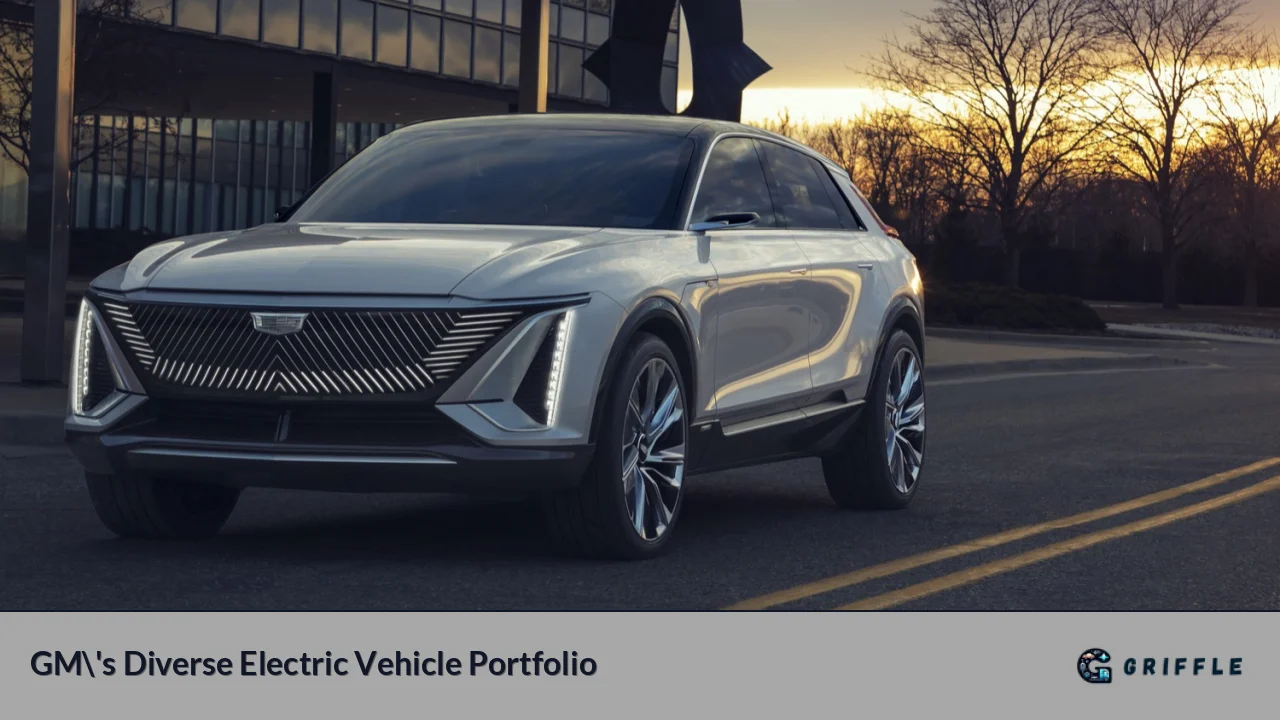
The journey to this milestone has been particularly impressive in recent quarters. In the third quarter of 2024 alone, GM delivered more than 32,000 all-electric vehicles in the U.S., marking a substantial increase in sales. This represents a 46% increase compared to the previous quarter and a remarkable 60% improvement year-over-year. Such growth rates indicate not only the increasing popularity of GM's electric offerings but also the accelerating adoption of EVs in the American market.
GM's success in the EV market can be attributed to several factors:
- Diverse Product Portfolio: GM has strategically expanded its EV lineup to cater to various consumer segments.
- Technological Advancements: Continuous improvements in battery technology and vehicle performance have made GM's EVs more attractive to consumers.
- Infrastructure Investment: GM's commitment to expanding charging infrastructure has helped address range anxiety concerns.
- Brand Reputation: Leveraging its established brand names like Chevrolet and Cadillac has helped GM transition its loyal customer base to EVs.
GM's EV Lineup: Catering to Every Driver
One of the key strengths behind GM's success in the EV market is its diverse range of electric vehicles. The company has strategically developed a lineup that caters to various consumer preferences and needs, ensuring that there's an EV option for almost every type of driver.
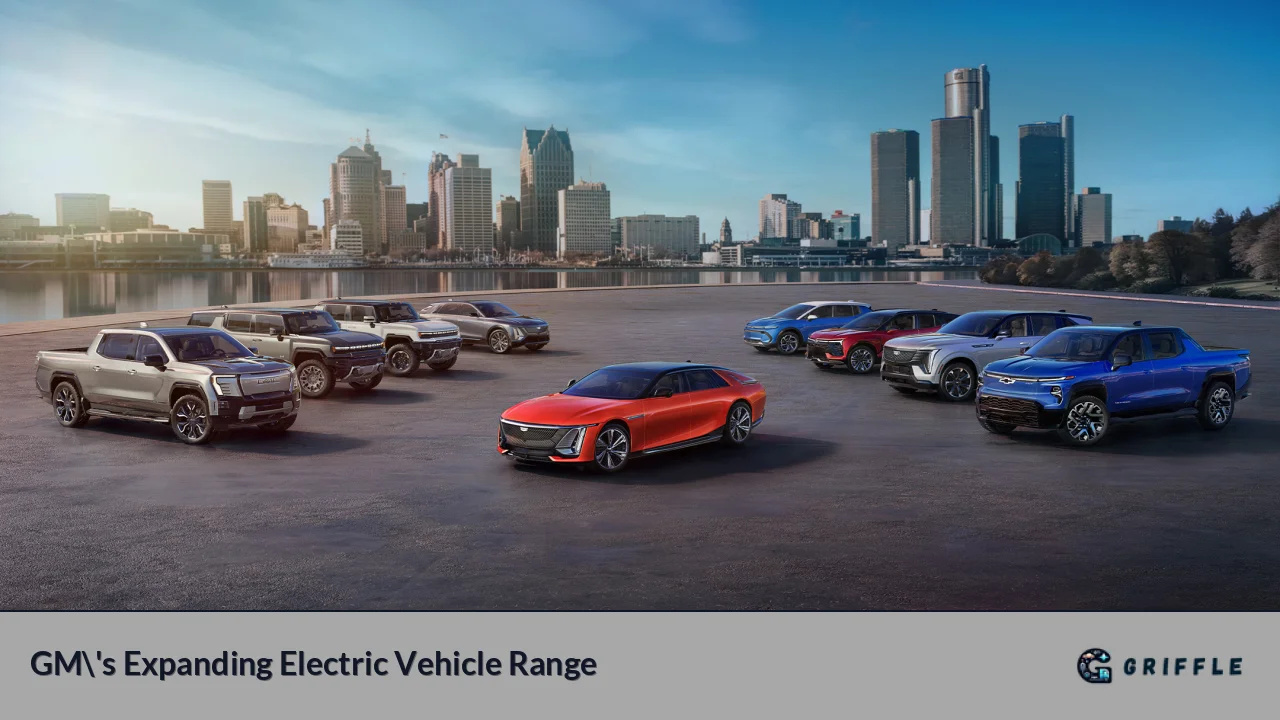
Let's take a closer look at some of the standout models in GM's electric vehicle portfolio:
Cadillac LYRIQ
The Cadillac LYRIQ represents GM's foray into the luxury EV segment. With year-to-date sales of 20,318 units, the LYRIQ has quickly become one of GM's best-selling EVs. This luxury SUV combines cutting-edge technology with Cadillac's renowned comfort and style, appealing to consumers looking for a premium electric driving experience.
"The Cadillac LYRIQ is a game-changer for the brand. It's not just an electric car; it's a statement of what Cadillac can do in the EV space. The attention to detail and the driving experience are truly impressive."[1]
Chevrolet Blazer EV
The Chevrolet Blazer EV has been another success story for GM, with 15,232 units sold year-to-date. This electric SUV offers a blend of performance and practicality, making it an attractive option for families and individuals looking for a versatile EV.
Chevrolet Equinox EV
Perhaps the most surprising success in GM's EV lineup has been the Chevrolet Equinox EV. In the third quarter alone, GM delivered 9,772 units of the Equinox EV, signaling strong consumer interest in affordable electric SUVs. The Equinox EV's popularity can be attributed to its competitive pricing and practical design, making it an accessible entry point for many consumers into the world of electric vehicles.
"The Chevy Equinox EV is exactly what the market needed - an affordable, practical electric SUV that doesn't compromise on range or features. It's no wonder it's flying off the lots."[2]
GMC Hummer EV
While not a volume seller like the Equinox or Blazer, the GMC Hummer EV represents GM's ability to electrify even the most iconic and rugged vehicles. This "supertruck" showcases the potential of electric powertrains in high-performance and off-road capable vehicles.
Chevrolet Silverado EV
The Chevrolet Silverado EV is GM's answer to the growing demand for electric pickup trucks. As one of America's best-selling vehicle models goes electric, it represents a significant step in GM's EV strategy and has the potential to convert a large number of traditional pickup truck buyers to electric.
Market Position and Competition
GM's achievement of becoming the second-largest EV seller in the United States for the third quarter of 2024 is a significant milestone. With 32,095 EV sales in Q3, GM has surpassed competitors like the Hyundai Motor Group (29,609 sales) and Ford (23,509 sales). This positioning demonstrates GM's growing strength in the EV market and its ability to compete with both traditional automakers and EV specialists.
However, it's important to note that while GM has made significant strides, it still trails behind the market leader, Tesla. The gap between GM and Tesla in EV sales remains substantial, highlighting the challenges that traditional automakers face in catching up with dedicated EV manufacturers.
| Automaker | Q3 2024 EV Sales (US) |
|---|---|
| Tesla | Leading (Exact figures not provided) |
| General Motors | 32,095 |
| Hyundai Motor Group | 29,609 |
| Ford | 23,509 |
Impact on the Automotive Industry
GM's success in the EV market is having ripple effects throughout the automotive industry. Here are some key impacts:
Accelerating Industry-wide Electrification
GM's milestone is likely to accelerate the pace of electrification across the industry. As one of the largest automakers in the world commits more deeply to EVs, it puts pressure on competitors to follow suit or risk being left behind. This competition is beneficial for consumers, as it leads to more choices, better technology, and potentially lower prices.
Supply Chain and Manufacturing Shifts
The increasing production of EVs by GM and other automakers is driving significant changes in the automotive supply chain. There's a growing demand for EV-specific components, particularly batteries, which is reshaping the supplier landscape. GM's partnerships with battery manufacturers and its investments in battery technology are setting new standards for the industry.
Charging Infrastructure Development
As GM sells more EVs, it's also investing heavily in charging infrastructure. This commitment to expanding the charging network is crucial for addressing one of the main concerns of potential EV buyers - range anxiety. GM's efforts, along with those of other automakers and dedicated charging companies, are helping to create a more robust and accessible charging network across the country.
"GM's investment in charging infrastructure is as important as their EV sales. It's creating a positive feedback loop - more chargers lead to more EV sales, which in turn justifies more charging stations."[3]
Job Market and Skill Requirements
The shift towards EVs is also impacting the job market within the automotive industry. There's an increasing demand for skills related to electric powertrains, battery technology, and software engineering. This transition is leading to both challenges and opportunities for workers in the automotive sector, with a need for retraining and upskilling in many areas.
Consumer Impact and Market Trends
The success of GM's EV strategy is not just a corporate achievement; it has significant implications for consumers and broader market trends:
Increased Consumer Choice
With GM's expanding EV lineup, consumers now have more options than ever when it comes to electric vehicles. From affordable compact cars to luxury SUVs and powerful trucks, the variety of EVs available is helping to meet diverse consumer needs and preferences.
Pricing and Affordability
GM's focus on offering EVs at various price points, particularly with models like the Chevrolet Equinox EV, is helping to make electric vehicles more accessible to a broader range of consumers. This strategy could play a crucial role in accelerating EV adoption among mainstream buyers.
Changing Perceptions of EVs
As more GM EVs hit the roads, it's helping to change public perception about electric vehicles. The presence of familiar brands like Chevrolet and Cadillac in the EV space is making the transition to electric seem more approachable for many consumers who might have been hesitant about new EV-only brands.
"Seeing Chevy and Cadillac badges on EVs is making a big difference. It's helping people realize that going electric doesn't mean giving up the brands they know and trust."[4]
Environmental Impact
The increasing adoption of EVs, driven by companies like GM, is expected to have a significant positive impact on reducing automotive emissions. As more consumers switch to electric vehicles, there's potential for substantial reductions in greenhouse gas emissions from the transportation sector.
Future Outlook and Challenges
While GM's achievement of 300,000 EV sales is significant, the company faces several challenges and opportunities as it looks to the future:
Scaling Production
To maintain its competitive position and meet growing demand, GM will need to continue scaling its EV production. This involves not only manufacturing vehicles but also securing a stable supply of critical components, particularly batteries.
Technological Advancements
The EV market is rapidly evolving, with constant improvements in battery technology, charging speeds, and vehicle performance. GM will need to stay at the forefront of these technological advancements to remain competitive.
Market Competition
As more automakers enter the EV market, competition will intensify. GM will need to continue innovating and differentiating its products to maintain its market position.
Policy and Regulation
Government policies and regulations regarding EVs can significantly impact the market. Changes in incentives, emissions standards, and infrastructure funding could all affect GM's EV strategy.
"The next few years will be crucial for GM. They've shown they can sell EVs, but now they need to prove they can scale production, innovate faster than competitors, and turn their EV division into a profitable powerhouse."[5]
Conclusion
GM's achievement of selling over 300,000 EVs in the United States marks a significant milestone in the company's transition to electrification and in the broader adoption of electric vehicles in the American market. This success demonstrates GM's commitment to a sustainable automotive future and its ability to adapt to changing consumer preferences and market demands.
As GM continues to expand its EV lineup and invest in related technologies and infrastructure, it is poised to play a pivotal role in shaping the future of transportation. The company's success in the EV market is not just a win for GM, but a positive sign for the entire automotive industry's shift towards more sustainable mobility solutions.
However, the journey is far from over. The coming years will be crucial as GM faces intensifying competition, technological challenges, and the need to scale production to meet growing demand. How GM navigates these challenges will not only determine its own success but also influence the pace and direction of the automotive industry's electric revolution.
As consumers, industry observers, and stakeholders in a sustainable future, we will be watching closely as GM and other automakers continue to push the boundaries of electric vehicle technology and adoption. The race to electrification is on, and GM has proven it's a serious contender.
FAQs
- What is GM's most popular electric vehicle model?
Based on recent sales figures, the Cadillac LYRIQ has been GM's best-selling EV, followed closely by the Chevrolet Blazer EV. - How does GM's EV sales compare to Tesla's?
While GM has become the second-largest EV seller in the US, it still trails behind Tesla, which remains the market leader in electric vehicle sales. - What is GM doing to address charging infrastructure concerns?
GM is investing in expanding public charging networks and offering home charging solutions to alleviate range anxiety among EV buyers. - Are GM's electric vehicles affordable for the average consumer?
GM offers a range of EVs at various price points, with models like the Chevrolet Equinox EV aimed at making electric vehicles more accessible to mainstream buyers. - What future EV models can we expect from GM?
GM has announced several upcoming models, including the Cadillac OPTIQ, ESCALADE IQ, and a new generation of the Chevrolet Bolt.
